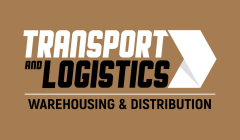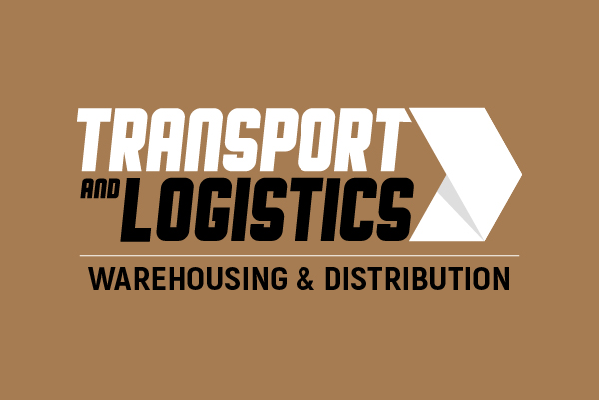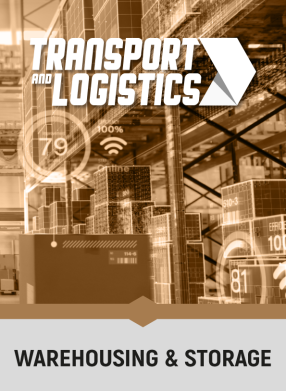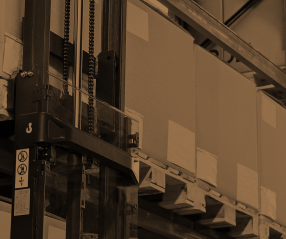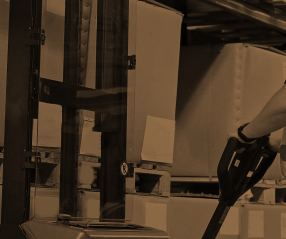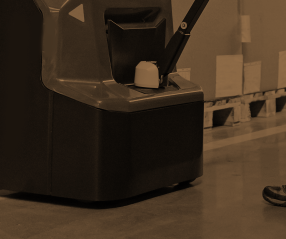In May 2014, Crown Labels took delivery of a brand new Jungheinrich TFG 316, 1.6 tonne capacity gas-powered counterbalance forklift truck, on a 5-year contract hire agreement, having previously been a satisfied user of a used model from the leading lift truck manufacturer.
From its factory in Redditch, Crown Labels manufactures a variety of labels, tags and thermal films for numerous label applications across the country, in many industries. The company moves about 40 pallets of rolled printing media a day with its recently acquired truck.
“Our existing, used Jungheinrich truck, which we still own, has given us great service but needed replacing with a new model,” says Paul Board, Managing Director at Crown Labels. “We opted to contract hire a truck because it means that we have a brand new vehicle and can budget for our monthly payment on the operation of the truck without further unexpected costs.”
Operating for 20 years, Crown Labels has expanded year on year. This recently led to the installation of a brand new servo-driven eight-colour press into the factory as well as the company taking on a second building, to provide a total operational footprint of approximately 20,000 square feet across the two sites.
“Our business is making labels as efficiently as possible rather than maintaining forklift trucks,” says Board. “With contract hire, the truck is essentially Jungheinrich’s own piece of equipment and they ensure that it is looked after. Then, at the end of the five-year term we have the option to buy it. Obviously forklift trucks vary in their usage and a unit with 5 years’ of very heavy usage may not be so desirable. Our use however is steady and light so we will have the option of either buying our truck, which may be in great condition, or getting a new truck again on contract hire.”
Crown Labels offers both local and national delivery services that include economy delivery, next day and even same day in some cases. Holding some 250,000 square metres of materials from different suppliers at any one time enables the company to meet the demanding lead times often required. It also minimises downtime waiting for materials to be delivered. The materials enter the factory with the various adhesives already coated and when needed, they can be easily picked from the racking for converting.
A standard unit with a covered cab, the new TFG 316 truck is used constantly, working two shifts over five days. Its daily operation involves unloading delivery vehicles as well as placing the palletised rolls of printing media onto racking in the warehouse. The company uses Euro pallets for the majority of its palletised goods but can use other sizes if requested.
As the rolls are required during the day by Crown Labels’ factory, they are removed from the racking and taken to the printing machine on the forklift truck.
Finished product is quality inspected to ISO 2000 standards before palletising and all products are neatly and well packaged before leaving the factory. The new truck loads all of the pallets holding completed labels onto delivery vehicles – of which there are around 10-12 in and out of the site a day.
“We considered an electric truck but because our previous truck was gas and had given us great service we are sticking with what we know,” says Board. “In addition, the more things you plug in at the factory, the more amps you will use.”
Crown Labels is now enjoying the all-round benefits from the numerous design changes on the new truck. “The forward and reverse shift, for example, is now on one of the levers located close to the driver’s hand. This closeness of the controls allows a lot of dexterity in manoeuvering the truck and makes it safer to operate.”
Board concludes: “I’ve been very happy with Jungheinrich. We now have two TFGs: one used model that we continue to own and the new one that we rent. We also have a Jungheinrich Swift electric pallet truck, which we are really pleased with. With a used truck, at some point you have to decide whether you are going to drive it into the ground, if there is little residual value, or, usually when it reaches three years old with average miles, trade it in for a replacement. With contract hire, there’s no need to make this decision: at the end of five year contract hire agreement you get the option to go and get another brand new truck again. Even if the technology has not changed, you still get a brand new truck, with brand new tyres. If buying and selling forklift trucks was your business you might think differently but from our point of view, we want a forklift truck that we can simply turn on and get operational.”
